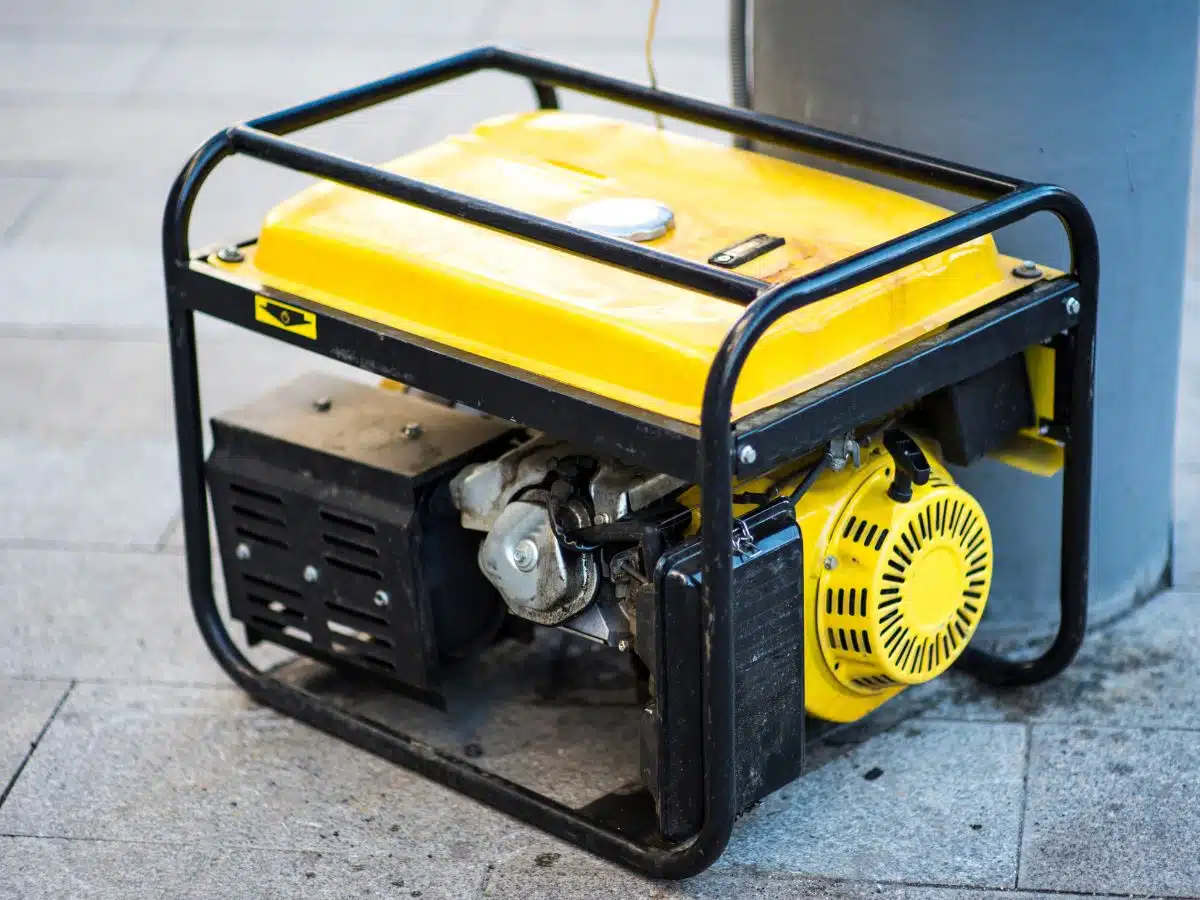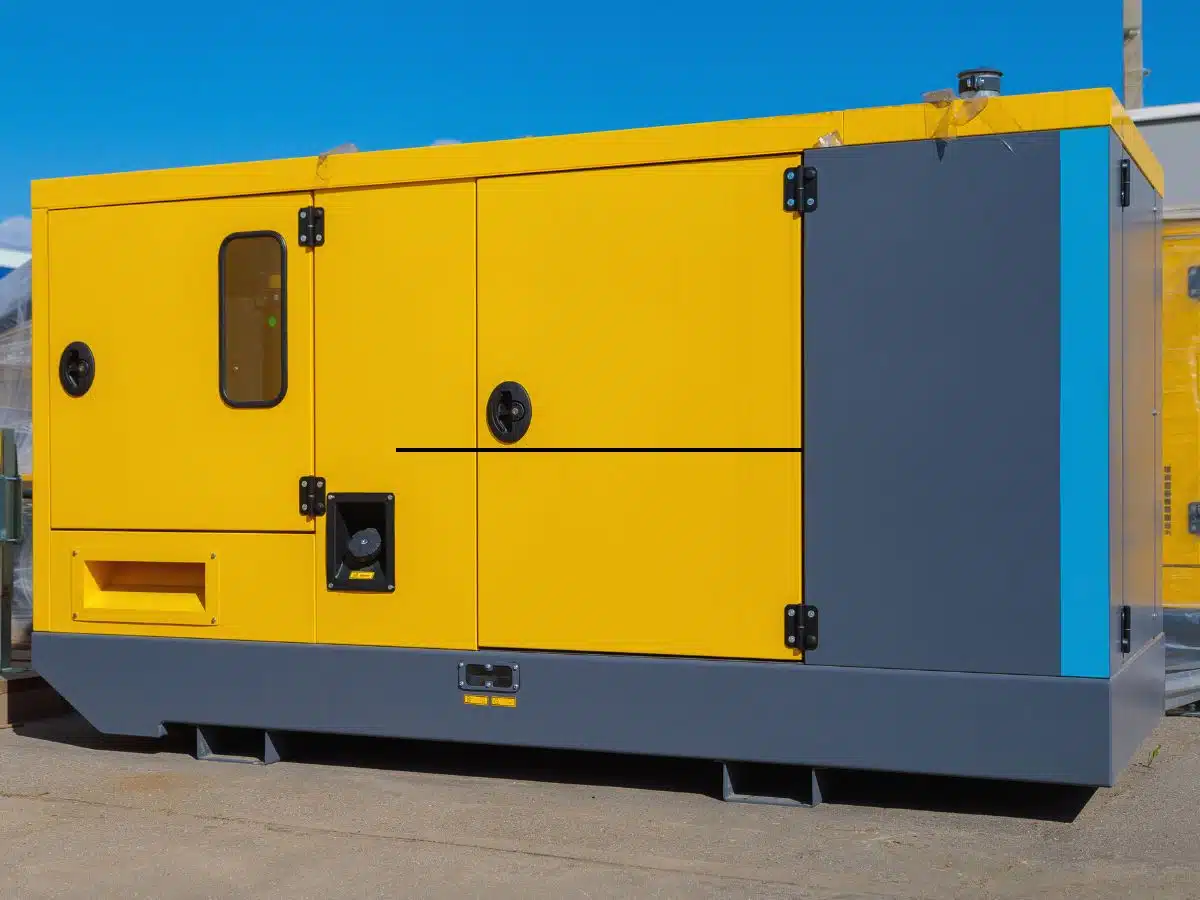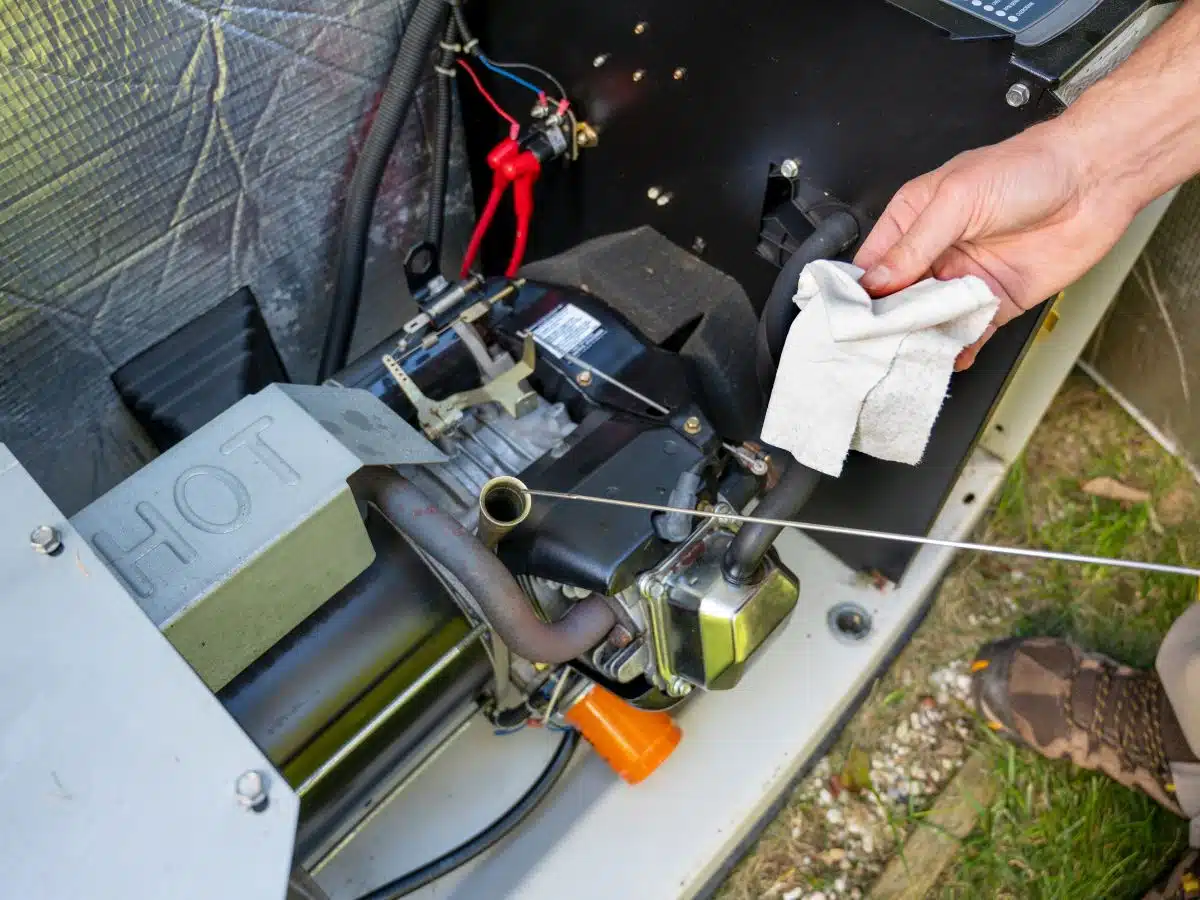Which Generator Is Better for Your Home—Standby or Portable Generator?
When the power goes out, having a backup power source can make all the difference. Whether it’s a summer hurricane or a winter storm, choosing the right generator ensures your home stays safe and functional during unexpected outages. But with so many options available, many homeowners ask: Which is better for your home—a standby or portable generator?
In this blog, we’ll compare the pros and cons of standby vs. portable generators, explain key differences, and help you decide which solution works best for your needs. Plus, we’ll guide you on how to keep your generator running at peak performance with professional residential generator services.
Understanding the Basics: Standby vs. Portable Generators
What Is a Standby Generator?
A standby generator is a permanently installed backup power system that automatically kicks in when the power goes out. These units are typically connected to your home’s natural gas or propane supply and can power your entire home or selected circuits.
What Is a Portable Generator?
A portable generator is a mobile unit that you manually start during a power outage. They usually run on gasoline or propane and can power essential appliances through extension cords or a transfer switch.
Key Differences: Whole House Generator vs. Portable
When comparing a whole house generator vs. portable unit, it’s essential to consider performance, convenience, cost, and capacity.
1. Power Capacity
- Standby Generators: These can power your entire home, including HVAC systems, refrigerators, lights, and medical equipment.
- Portable Household Generators: Typically power essential items only—like your refrigerator, phone chargers, and a few lights.
2. Convenience
- Standby: Automatically detects outages and restores power within seconds—no manual setup required.
- Portable: Must be manually started, refueled frequently, and connected via cords or a transfer switch.
3. Cost
- Standby: Higher upfront cost (including installation), but offers seamless power and long-term reliability.
- Portable: Affordable, with prices ranging from $500–$2,000 depending on capacity.
4. Fuel Source
- Standby: Usually connected to natural gas or propane—no need to refuel manually.
- Portable: Requires gasoline or propane, which you’ll need to store and manage.
5. Maintenance
Both types require regular maintenance. Standby generators benefit from annual inspections by professionals. If you’re in Florida, it’s essential to schedule regular generator repair in Bradenton, FL to ensure long-lasting performance, especially before storm season.
When Should You Choose a Standby Generator?
A standby generator is ideal if:
- You live in an area prone to frequent or prolonged outages.
- You rely on medical devices or work-from-home setups that require uninterrupted power.
- You want hassle-free operation and automatic power restoration.
- You’re looking to increase your home’s value with a permanent power backup solution.
Standby generators are especially popular among Florida homeowners who face yearly hurricane threats. Investing in a residential generator offers peace of mind, knowing your entire home can function as normal—even during a multi-day outage.
When Is a Portable Generator the Better Option?
Choose a portable generator if:
- You only need to power essential items during short outages.
- You’re on a limited budget.
- You need a generator for both home and travel (like camping or tailgating).
- You rent your home and can’t install a permanent standby unit.
Portable units are versatile and great for emergency use, but they do require hands-on management during an outage.
Pros and Cons Summary
| Feature | Standby Generator | Portable Generator |
| Power Capacity | Whole home | Select appliances |
| Automatic Operation | Yes | No |
| Fuel Source | Natural gas/propane | Gasoline/propane |
| Installation Required | Yes | No |
| Upfront Cost | High | Low |
| Mobility | Stationary | Mobile |
| Noise Levels | Quieter | Louder |
| Maintenance | Annual professional service | DIY or local techs |
Maintenance Tips to Keep Your Generator Running Smoothly
Whether you choose a standby or portable household generator, regular maintenance is key to performance and longevity.
Generator Maintenance Checklist:
- Run the generator monthly (even when not in use)
- Check oil levels and change oil as needed
- Replace air and fuel filters annually
- Inspect spark plugs
- Test the transfer switch
- Store fuel safely and use fuel stabilizer for long-term storage
For homeowners in Florida, timely service is essential. Contact a trusted provider for generator repair in Bradenton, FL before storm season hits.
Real-Life Example: Florida Homeowners and Generator Choices
Imagine you’re a homeowner in Bradenton or Sarasota, Florida. You’ve experienced several multi-day outages due to tropical storms. You work remotely, and your kids do online schooling. In this case, a standby generator would be a wise investment—keeping your HVAC running, devices charged, and life uninterrupted.
On the other hand, if you live in a small home or apartment and need power only for lights, a fan, and your fridge for a day or two, a portable generator is an affordable and flexible choice.
Which Is Better—Standby or Portable Generator?
Ultimately, the answer depends on your needs, budget, and lifestyle. A standby generator is the best option if you want full-home protection, convenience, and reliability. Portable household generators offer flexibility and affordability for short-term or emergency use on a smaller scale.
Whatever you choose, it’s essential to have a backup plan in place before disaster strikes. And don’t forget—proper maintenance is crucial. Contact Florida Power Solutions for reliable residential generator services and generator repair in Bradenton, FL for expert support.




